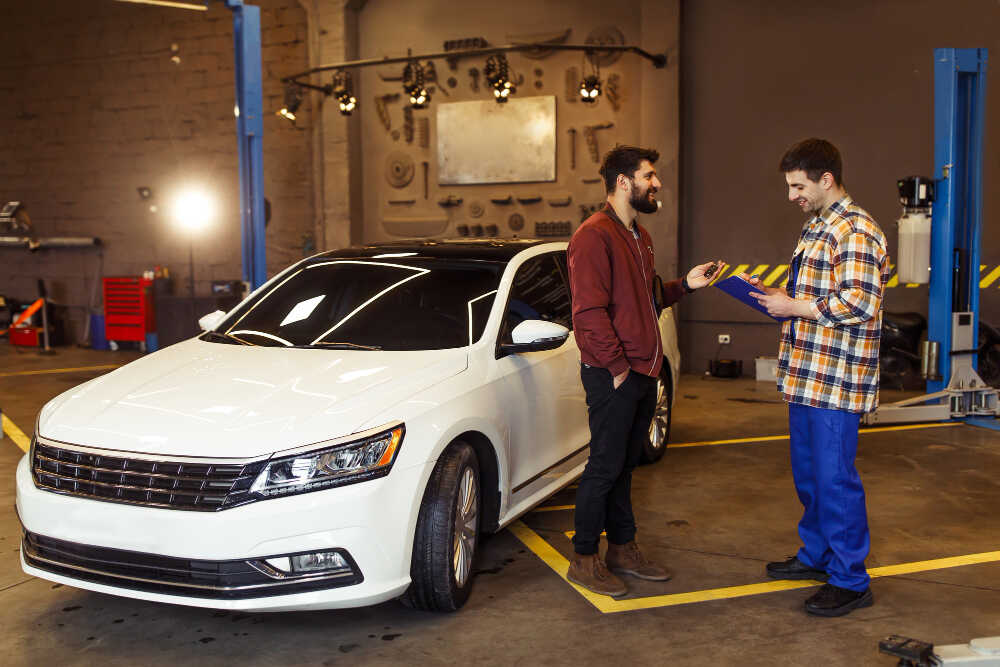
Your car is more than just a vehicle—it's your companion on road trips, daily commutes, and errands. But as it ages, you may find yourself asking, "Is it time to repair or replace my car?" This can be a tough decision, especially with the rising costs of repairs and new car prices. Here's a guide to help you weigh your alternatives and pick the best choice for your needs.
1. Assess the Current State of Your Car
Start by evaluating your car's overall condition. Are you dealing with minor wear and tear or facing major issues like a failing engine or transmission? Consider factors such as mileage, age, and maintenance history. A well-maintained car with low mileage might still have plenty of life left, even if it needs repairs. On the other hand, a high-mileage vehicle with frequent breakdowns might signal it's time to let go.
2. Understand Repair Costs vs. Replacement Costs
When deciding whether to repair or replace, weigh the cost of repairs against the current market worth of your car. If the repairs cost more than 50% of the car's value, replacement might be the better option. For example, fixing a $4,000 transmission on a car worth $6,000 may not be worth the investment.
Don't forget to factor in recurring repair costs. If you're constantly visiting the shop, those costs can add up quickly, making a new car a more practical and stress-free choice in the long run.
3. Consider Safety and Reliability
Modern vehicles have enhanced safety measures that older ones often lack, such as backup cameras, lane-keeping assist, and collision warning systems. If your car doesn't meet today's safety standards or frequently leaves you stranded, upgrading to a newer model could provide peace of mind.
Reliability is equally important. If your car breaks down frequently, it can disrupt your daily life, impact your work, and even increase insurance premiums due to claims for roadside assistance.
4. Think About Fuel Efficiency and Environmental Impact
Older cars are less fuel-efficient and emit more pollutants than newer models. If you're spending a fortune at the pump or concerned about your carbon footprint, a newer, more fuel-efficient car could be a wise investment. Over time, the savings on fuel can offset the cost of a new vehicle.
5. Evaluate Your Financial Situation
Replacing a car comes with a significant upfront cost, whether you're paying outright or financing it. Be sure to review your budget and consider any long-term commitments. If money is tight, repairing your current vehicle may be the better option, especially if it buys you more time to save for a replacement.
6. Look at Emotional and Practical Value
Lastly, consider your car's sentimental value. If it holds a special place in your heart, repairing it may seem like the right decision. However, don't let emotions cloud practicality—your safety, finances, and daily convenience should take priority.
Deciding whether to repair or replace your car requires a careful balance of logic and emotion. Assess the costs, consider safety and reliability, and align your choice with your financial situation. Whether you decide to repair your trusty ride or upgrade to a newer model, making an informed decision will ensure your time on the road is safe and hassle-free.